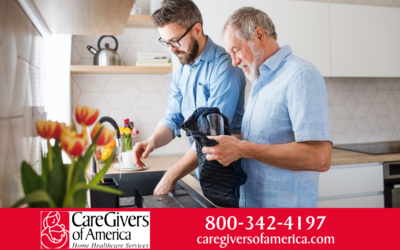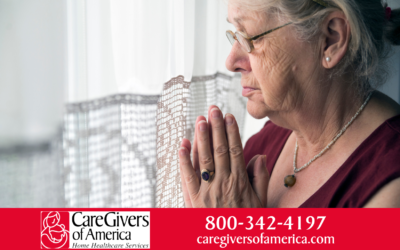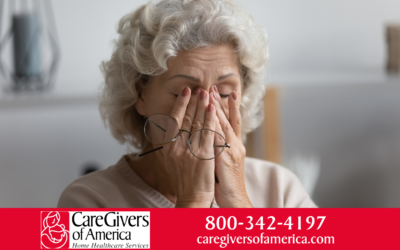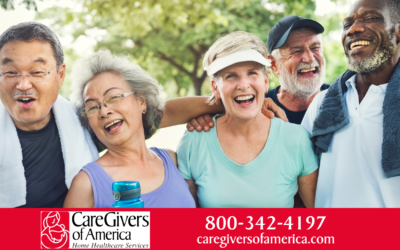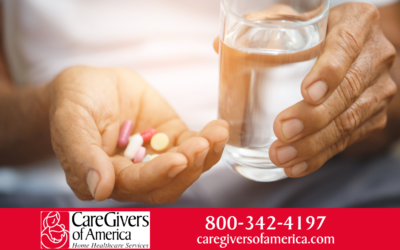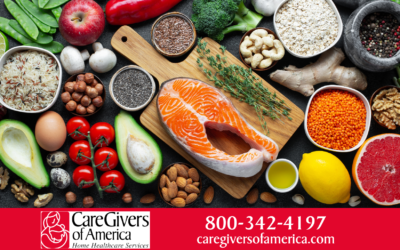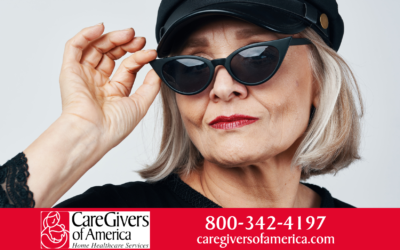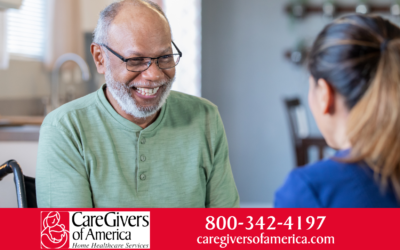CGA Blog
9 Signs Your Aging Parent Needs Assistance
How do we know when our aging parents need assistance? Many of us find ourselves suddenly immersed in the challenging role of caring for elderly parents or an elderly loved one. This substantial transition can be overwhelming, but with preparation and knowledge, we...
7 Ways That Spirituality Can Be Meaningful for Older Adults
Spirituality is a fundamental aspect of human existence and can play a significant role in the lives of older adults. As individuals age, they can experience various challenges, including declining health, loss of loved ones, and a sense of purposelessness. In such...
5 Significant Concerns About Vision Loss
The aging process brings numerous changes to our bodies, and one of the most common yet devastating ones is the deterioration of vision. Losing sight is a major concern for the elderly population as it significantly impacts their quality of life, independence, and...
6 Benefits of Exercise for the Elderly
As individuals enter their golden years, it is crucial to prioritize their overall health and well-being, including physical fitness. Regular exercise plays a vital role in maintaining mobility, strength, flexibility, and a high quality of life for the elderly. As...
2 Important Medication Management Factors
Medication management for the elderly is a crucial aspect of healthcare that deserves careful attention. As individuals age, they often face multiple health conditions, taking numerous medications to manage their symptoms and improve their quality of life. However,...
The Top 5 Food Related Challenges for the Elderly
As people approach their later years, their nutritional requirements and dietary needs undergo significant changes. The elderly population faces various challenges when it comes to food, which can have a negative impact on their health and overall well-being. 5 Food...
12 Symptoms of Parkinson’s Disease
Parkinson's disease (PD) is a degenerative disorder of the central nervous system that can impact a person's ability to live independently. It was first described in 1817 by James Parkinson, a British physician who published a paper on what he called "the shaking...
5 Reasons Why Fashion is Important for Older Adults
Fashion is often associated with youth and the latest trends, with a focus on the vibrant and beautiful, often leaving the elderly marginalized in discussions surrounding style and personal expression. However, in recent years, a shift has occurred, recognizing the...
7 Surprising Things a Home Health Aide Can Help With
A home health aide is an invaluable caregiver who provides assistance to individuals in their own homes. They are trained professionals who offer a wide range of services to ensure the well-being and comfort of their clients. While the primary responsibility of a home...



